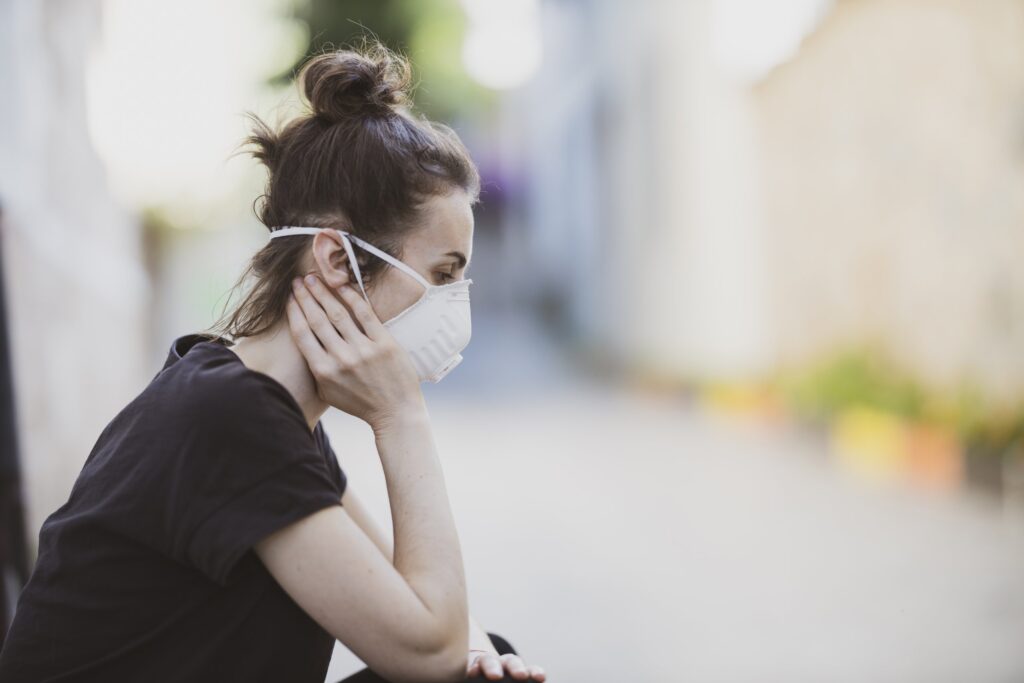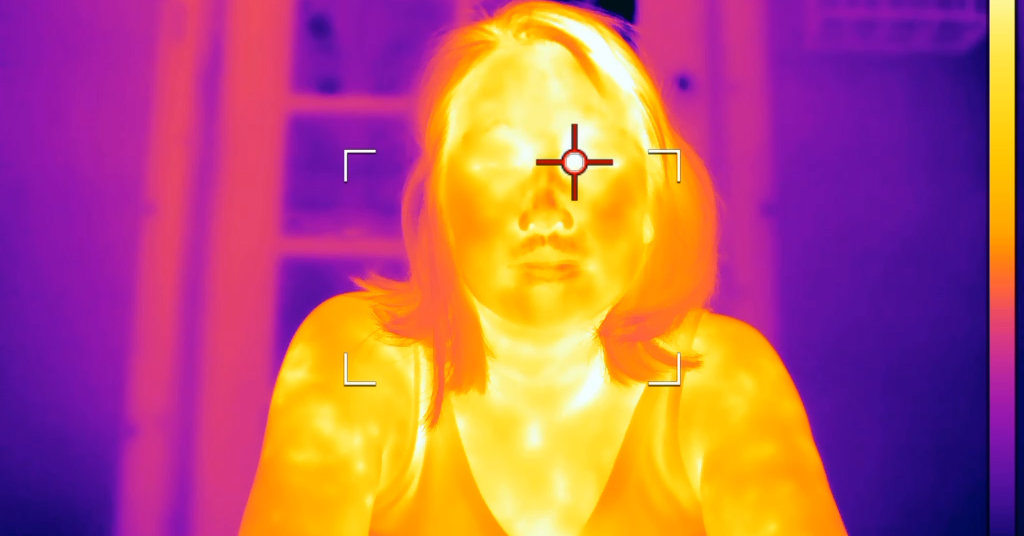Coronavirus: How ‘immunity passports’ could create an antibody elite
Written by Sunlight Radio America on July 3, 2020

Governments around the world are testing citizens for coronavirus antibodies, to work out whether people have had the deadly Covid-19 disease.
Some countries are setting up so-called “immunity passports” and others may follow suit.
The idea is that a passport would certify that you have had coronavirus and will not carry or contract the disease again, opening up a way out of lockdown restrictions for the holder.
But is this theory correct? And will it create a group of antibody-carrying elite who can date, travel and work as they wish, while others are still limited by health precautions?
‘I know I’m clear, we should meet!’
Pam Evans, from Aberdeen, has just had a rude awakening to the new reality of internet dating. She says that a man who was interested in meeting her took a novel approach.
“I had one guy at the weekend: ‘I’ve just been tested last week for Covid so I know I’m clear, we should meet up’ And I said: ‘Oh no, absolutely not’… he became just absolutely abusive straight away.”
Pam’s hopeful date was trying to take advantage of his apparent negative coronavirus test result as a reason to break lockdown rules to visit her.
Is this a sign of how those who get a certificate stating they’ve already had coronavirus might use their privileged position in society?
In New York, people are using antibody tests – showing that they have been exposed to the virus and have recovered – as a way of suggesting they are safe to date.
They are photographing positive test results to use as a kind of improvised “Covid-immunity passport”.
If you have antibodies, the theory goes, you will not get the disease again.
Dating aside, what if we could decide who is safe to return to work or get on an aircraft? For those people. the Covid-19 lockdown could be over.
‘Immunity passports’
The idea behind immunity passports, is that of a certificate confirming that you have had Covid-19. It could be used to enter places that those people without one are barred from.
To get one, you’d have to test positive for antibodies created after exposure to the virus.
Estonia is building an “immunity passport” system, and Chile is also planning what it calls a “release certificate”, following such principles.
Tavvet Hinrikus, co-founder of the money exchange firm TransferWise, helped in the development of Estonia’s phone app-based system.
“There are areas where I think it’s a no-brainer we should use this, like… who takes care of our elders; can I go and see my parents?
“If immunity as a concept exists, then I think people who have immunity should be cleared to work with elders, or the same for frontline workers,” he says.
Other apps are being developed to display antibody – and potentially immunity – status. One example is Onfido. Its co-founder, Husayn Kasai, says some US hotel chains are now accepting immunity passports via an app.
“It’s predominately for guests who want to access some of the services, be it the spa or the gym, where social distancing isn’t an option.”
Source: BBC







